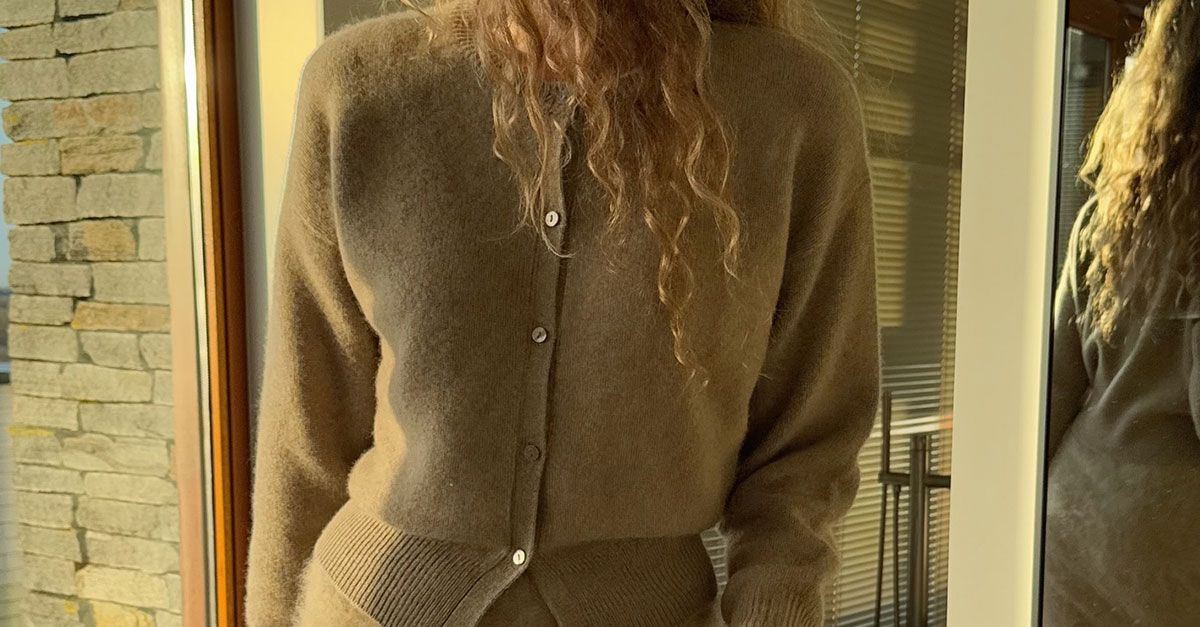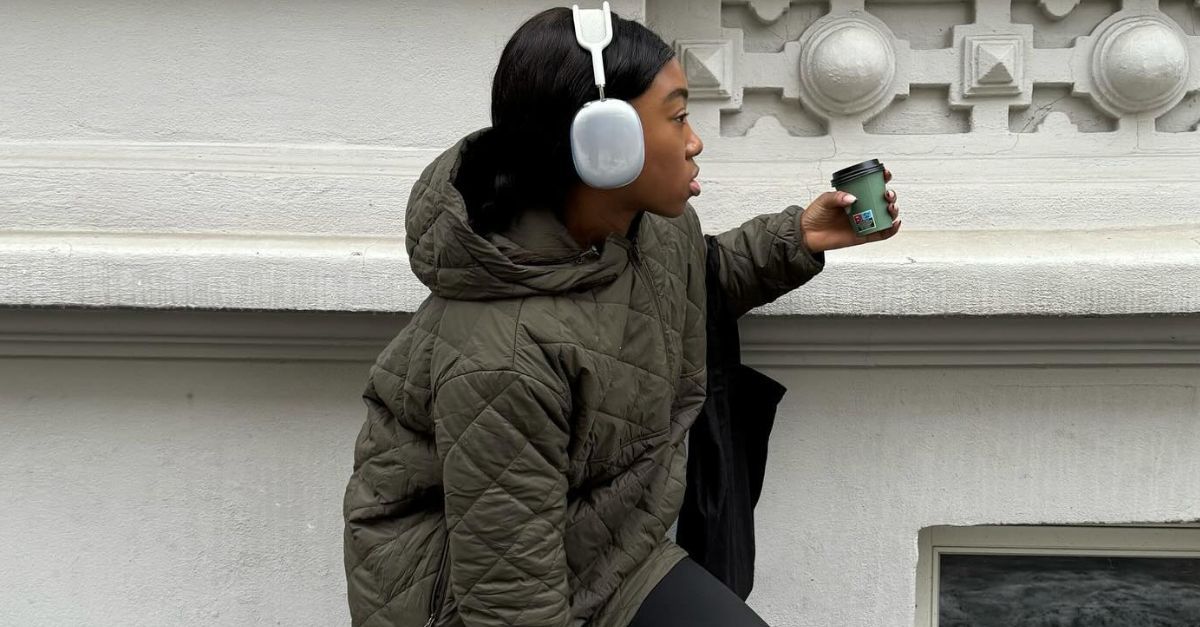Mhm! So that’s what happened?
The Fall of the House of Usher Season 1 Episode 8 concluded the story, revealing all the mysteries from the past and future. It was a pretty poetic ending and couldn’t have been more perfect.
The episode revealed two of the most burning questions surrounding the narrative, and those were what Madeline and Roderick did on the eve of January 1, 1980.
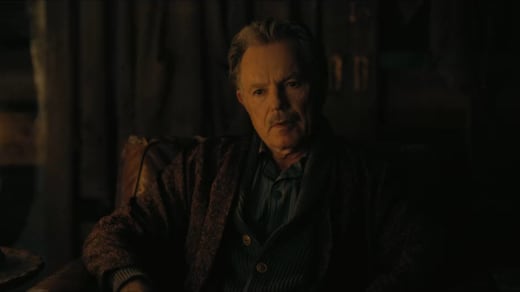
As other people ushered in the new year, Mads and Roddie ushered in a new life for themselves and the coming generation.
The story was more or less a deal with the devil kind of story.
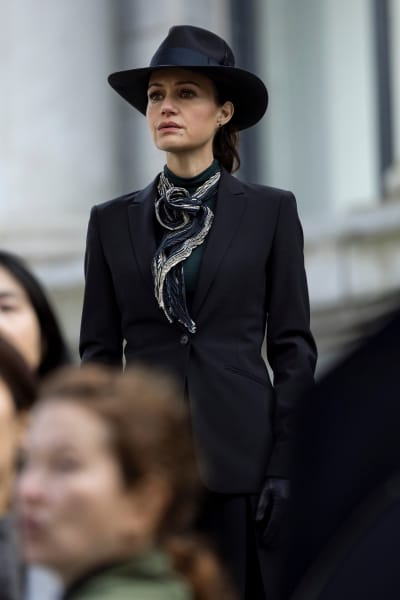
A human being deals with the devil for riches, fame, and fortune in exchange for their soul. This story has been told a thousand times, but this one has a unique twist.
After the revelation about Verna’s nature, I was torn on how to approach her and her actions.
Throughout The Fall of the House of Usher Season 1, we saw her kill the Usher children one by one, and we had to assume it was because of what they did.
But hearing the deal get offered, these children never stood a chance. They would always die, no matter how good or bad they were.
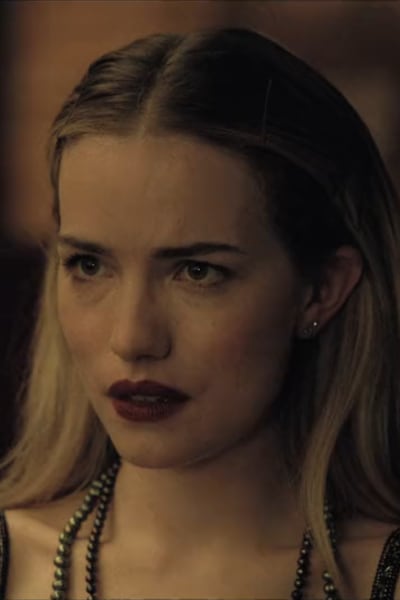
It seemed very cruel to punish children for the sins of their fathers, especially when they were not entirely responsible for their actions.
Every shortcoming in the Usher children could be traced back to Roderick.
He decided to kill Rufus, accept the deal, father several children, and abandon those children physically and emotionally for most of their lives.
In retrospect, they were innocent of almost everything they appeared guilty about.
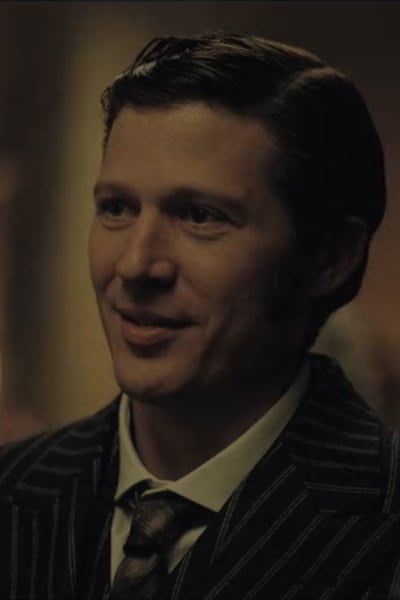
Verna would give them a test at the final hour to see their decision, but it didn’t seem like any decision they made would have made a difference.
Would Perry have survived if he had shut down the masque-rave? Probably. Would Verna have found another way to claim his life? Absolutely. It was a debt that must be paid.
The best they could have hoped for was a less painful death free of Verna’s haunting and taunting.
The biggest expectation for this episode was that it would reveal Verna’s nature, and even if it didn’t offer answers, it would satisfy curiosities.
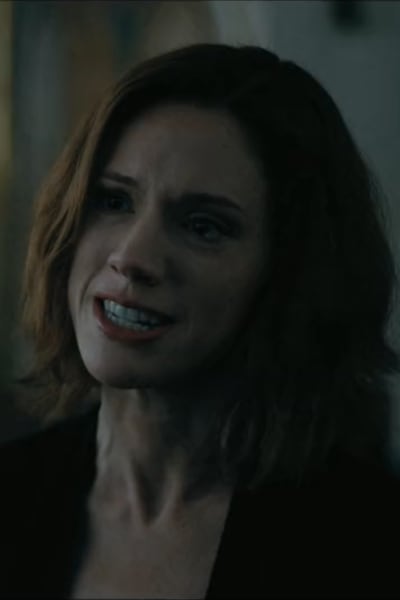
We only learned that she was immortal and had always been there, but we didn’t really understand her nature.
Why did she go around trapping people at a moment of weakness to offer them a deal? Was she a force for good or evil?
What if I said you get all that, the whole thing, and the price is deferred? Let the next generation foot the bill. So that’s the deal. You get the whole world, and when you’re done, at the end of it all, just before you would have died, Roderick, just before you would have died anyway… your bloodline dies with you.
Verna
She didn’t seem to relish in inflicting pain, but pain she did inflict.
Why would she offer such a deal, knowing very well that a person ought to be judged by their own character and not the character of their people that came before them?
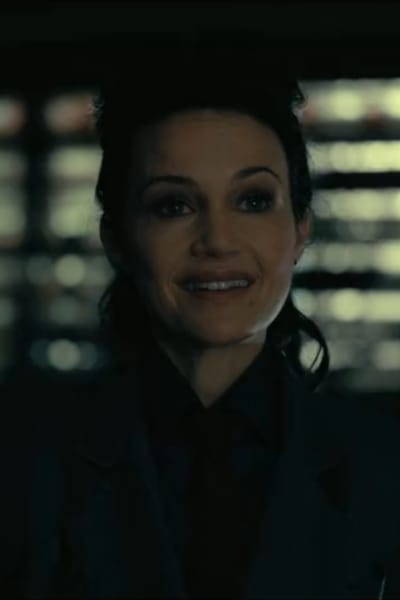
Trying to reconcile Verna’s actions with what she preached was a struggle.
The story was an allegory about Big Pharma and the pain it had inflicted on the masses while claiming to alleviate pain.
It was about the hypocrisy of the current world where we complain about life problems despite having the solutions right before us.
So much money. One of my favorite things about human beings. Starvation, poverty, disease, you could fix all that, just with money. And you don’t. I mean, if you took just a little bit of time off the vanity voyages, pleasure cruising, billionaire space race, hell, you stopped making movies and TV for one year and you spent that money on what you really need, you could solve it all. With some to spare.
Verna
We cry and yap about war, disease, hunger, inequality, and injustice despite having the means to solve them.
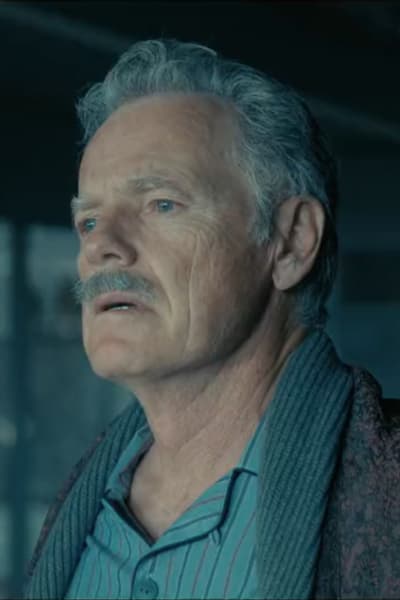
As a piece of art aimed at getting us to confront our deepest denials, the show did its job perfectly.
It was a look into the nature of people as far as innate goodness is concerned.
There are two kinds of people. Good and bad people. But in those two broad categories, there are subsets. For example, some good people will sacrifice their values for personal gain.
Sadly, the good people seldom prevail.
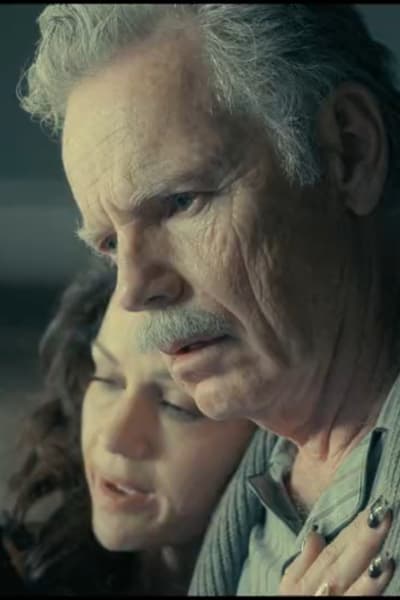
Annabel Lee had been the counter to Madeline’s evil advice, but in the end, Madeline prevailed.
It doesn’t always end badly because Lenore’s goodness saved more lives than could ever be counted.
And evil people will use many tactics to avoid confronting their nature.
Roderick denied that his drugs had awful side effects, and for years, he stood by that until he almost believed it.
And the fucking people, the fucking people out there, Roderick. You don’t want Ligodone, don’t buy it, you don’t want to get addicted, don’t abuse it. They’re mad because we made it available and desirable. Hey, newsflash, it’s our only fucking job. These people. They want an entire meal for $5 in five minutes then complain when it’s made of shit and plastic. McDonald’s would serve nothing but kale salad all day and all night long if that’s what people fucking ate. It’s available, no one buys it.
Madeline
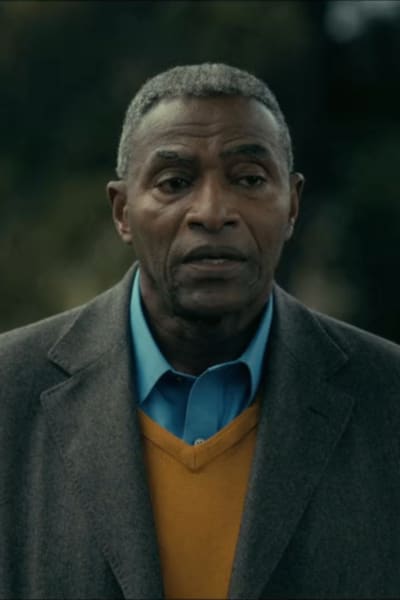
Madeline: We will get around to funding AIDS research, and diabetes, and heart disease, just as soon as we figure out how to keep our geriatric dicks harder for a few more minutes. What’s the market share on wimpy dicks, Roderick?
Roderick: 60-70% of the healthcare industry.
Madeline: The Pentagon spent $83 million on Viagra last year. Meanwhile, the Supreme Court,vthe fucking Supreme Court does its part, tears the autonomy, rips the liberty away from women, shreds not just their choice but their future, their potential. We turn men into cum fountains and women into factories, cranking out, what, an impoverished workforce, there for the labor and to spend what little they make consuming. And what do we teach them to want? Houses they can’t afford. Cars that poison the air. Single-serve plastics, clothes made by starving children in third world countries, and they want it so bad that they’re begging for it, they’re screaming for it, they’re insisting upon it. And we’re the problem? These fucking monsters, these fucking consumers, these fucking mouths. They point at you and me like we’re the problem. They fucking invented us. They begged for us, they’re begging for us still. So I say, we stand tall and proud, brother.
Madeline would conjure up logic to justify their awful actions over the years. She would blame society, leaders, and victims.
Her death should have been more painful, but it was poetic that the very item she adored because it promised immortality, was used against her to end her mortal existence.
Ultimately, her sentient AI project worked, but it didn’t do so correctly. Lenore’s bot could not even text anything coherent.
Events at the abandoned house presented a full circle moment as there was great semblance to the events of the night Eliza died on The Fall of the House of Usher Season 1 Episode 1.
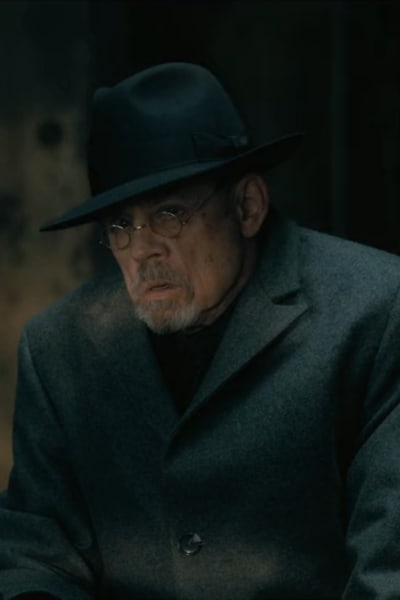
It was time to pull out all the cards in delivering a final scare, and they didn’t try to reinvent the wheel.
Madeline returned from the dead for a short while, looking like the mummies she admired a lot, and her final act was to kill Roderick. They had been promised that they would go out together, and go out they did.
A storm built outside, and the house couldn’t take the pressure, so it caved in, burying all its secrets.
After Madeline and Roderick’s death, the story pivoted to a new narrator, someone who had not sacrificed his humanity at the altar of money.
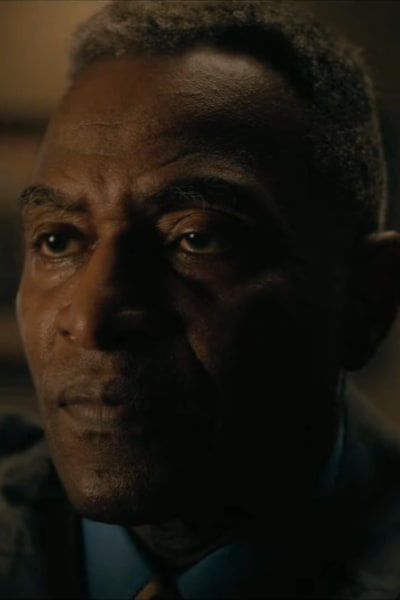
Dupin would get to enjoy the rest of his days with his family. Who won?
Fortunato fell, and all the blood money it had made was repurposed to rectify its mistakes.
Intrusive Thoughts
-
There were a lot of poems that didn’t quite seem to make sense in the story if at all. I think they are the original material by Edgar Allan Poe which would be exciting for viewers familiar with his work but for the rest, they did ‘t mean much.
-
Lenore’s death was the most heartbreaking thing to happen on this show. Couldn’t Verna break her own rules for the sake of that beautiful soul? Imagine how many more lives she would have touched by being alive.
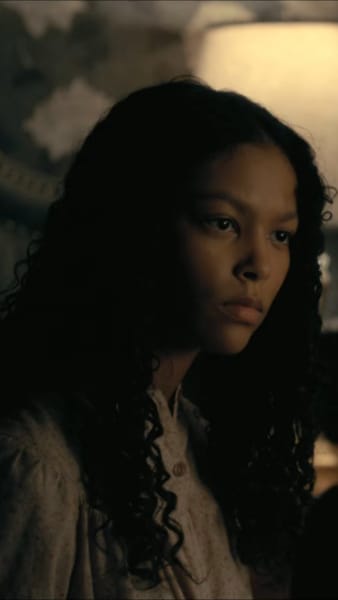
-
Whatever happened to Julian? He should have gotten a piece of Fortunato’s money after what he went through with Leo. It goes to show that you should have him put a ring on it before he cokes himself to death. Being engaged can only take you so far.
-
I’m not deluded about Pym’s nature, but that was King behavior when he refused to take Verna’s deal. Sometimes, you must accept the consequences of your actions quietly.
-
Rufus had what happened coming. He was a horrible boss and person. He abused and belittled people to make himself look big, but he was a small man.
“The Raven” was a good ending to this show, even if it left some questions.
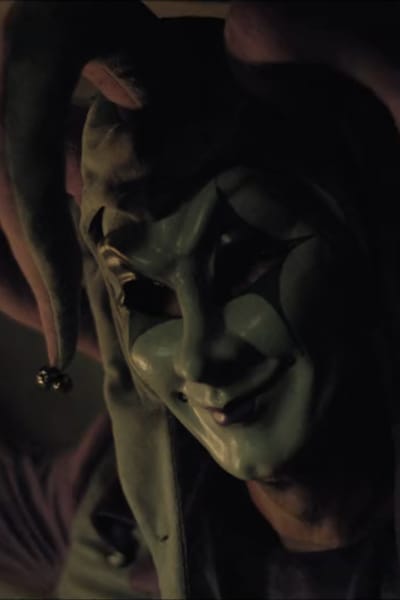
Mike Flanagan will never offer all the answers, but the questions he doesn’t answer are all intellectual.
We will never have a rational explanation about Verna, but a case could be made that she was their conscience.
We will never get straight answers as to whether the Usher children were innocent.
These are some things I’m happy to think about and draw my own conclusions.
What about you?
What are some questions you feel didn’t get a straight answer?
What did you think of the episode and the show?
Unburden in the comments section.
Denis Kimathi is a staff writer for TV Fanatic. He has watched more dramas and comedies than he cares to remember. Catch him on social media obsessing over [excellent] past, current, and upcoming shows or going off about the politics of representation on TV. Follow him on X.


























































![Mason Ramsey – Twang [Official Music Video] Mason Ramsey – Twang [Official Music Video]](https://i.ytimg.com/vi/xwe8F_AhLY0/maxresdefault.jpg)











